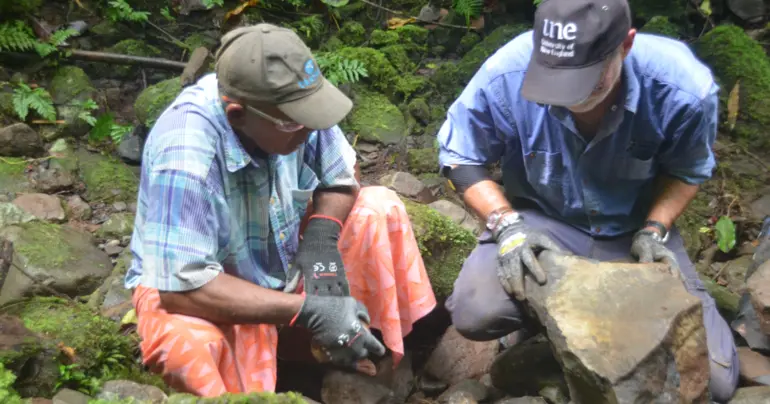PEV quotas: winners and losers
At the weekend, the Australian government announced the first country quotas for its new Pacific Engagement Visa. We already knew that there would be 3,000 PEV visas annually, access to which will be made available by ballot, but until the weekend we didn’t know how they would be allocated across the Pacific.
PNG citizens get the biggest allocation, 1,350 or almost half. It’s not as much as would be justified given the country’s population and its very small diaspora in Australia, but it is still a great outcome for the country, especially given concerns about the difficulty of getting a passport. Anyone aged 18 to 45 can enter the PEV ballot (with their partner and dependents), but you have to have a passport to do so. And in PNG, getting a passport, especially if you haven’t already got a birth certificate, can take years. Given this constraint, 1,350 is a great outcome for Papua New Guineans, but also a risk to which I return.
Fijians are also big winners, emerging with 300 visas, the same number as is allocated for Timorese citizens. Timor-Leste has a somewhat larger population, and a much smaller diaspora in Australia (about one-tenth the size of Fiji's). When I had my own go at allocating the 3,000 visas, I suggested Timor-Leste should get 350 and Fiji 50. I was in the ballpark for Timor-Leste but nowhere close for Fiji.
Another interesting comparison is between Tonga and Vanuatu. Tonga has about one third the population of Vanuatu, and a much bigger Australian diaspora (about 18 times as big). But both countries have been given 150 visas: I recommended 100 for Vanuatu but only 50 for Tonga.
How to explain what seem to be inconsistencies? DFAT’s website says that allocations were based not only on “population size, diaspora in Australia, [and] existing migration opportunities” but also on “expected demand and participating country views”. There will certainly be a lot of demand from ni-Vanuatu and Timorese citizens. Perhaps the Tongan and Fijian governments were simply keener on the PEV. If so, kudos to them.
The citizens of two of the three compact countries also emerge as winners. I recommended that FSM, Palau and RMI be excluded from the PEV because their nationals already have unrestricted rights to enter the US (though not permanent resident status). That advice was ignored and FSM and Palau citizens get 50 visas each.
RMI citizens didn’t get any visas, and nor did Samoans nor i-Kiribati. These three countries are yet to rule out participation, but are also yet to decide whether they want to be part of the PEV. The Australian government’s press release says that discussions are ongoing. Kiribati has said that it hasn’t had enough time to respond. The other two countries are known to be concerned about risks of brain drain and/or a diminishing population.
However, I don’t expect them to hold out for long. Australia has left 300 visas out of the total of 3,000 unallocated for these three countries to take up. They are all democracies. And they are all very keen on migration. A recent survey found that 54% of Samoans would like to emigrate: one of the highest ratios in the world. Samoa and Kiribati both participate in the NZ ballot-based Pacific visa scheme. When Samoans and I-Kiribati notice that Tongans have just been given 150 Australian permanent residency visas, and Tuvaluans 100, they will wonder why they are missing out.
The PEV ballot will open on June 3. Details are now available on the Department of Home Affairs webpage, and are as we set out in our blog last month. No deadline has been given for ballot closing, which makes sense given that this is the first time one has been held.
It is simple to apply, provided you have a passport. I really hope the Australian government helps the PNG government speed up its issuance of birth certificates and passports so that as many Papua New Guineans as want to enter the PEV ballot can.
This article appeared first on Devpolicy Blog (devpolicy.org), from the Development Policy Centre at The Australian National University. Stephen Howes is Director of the Development Policy Centre and Professor of Economics at the Crawford School of Public Policy at The Australian National University.











